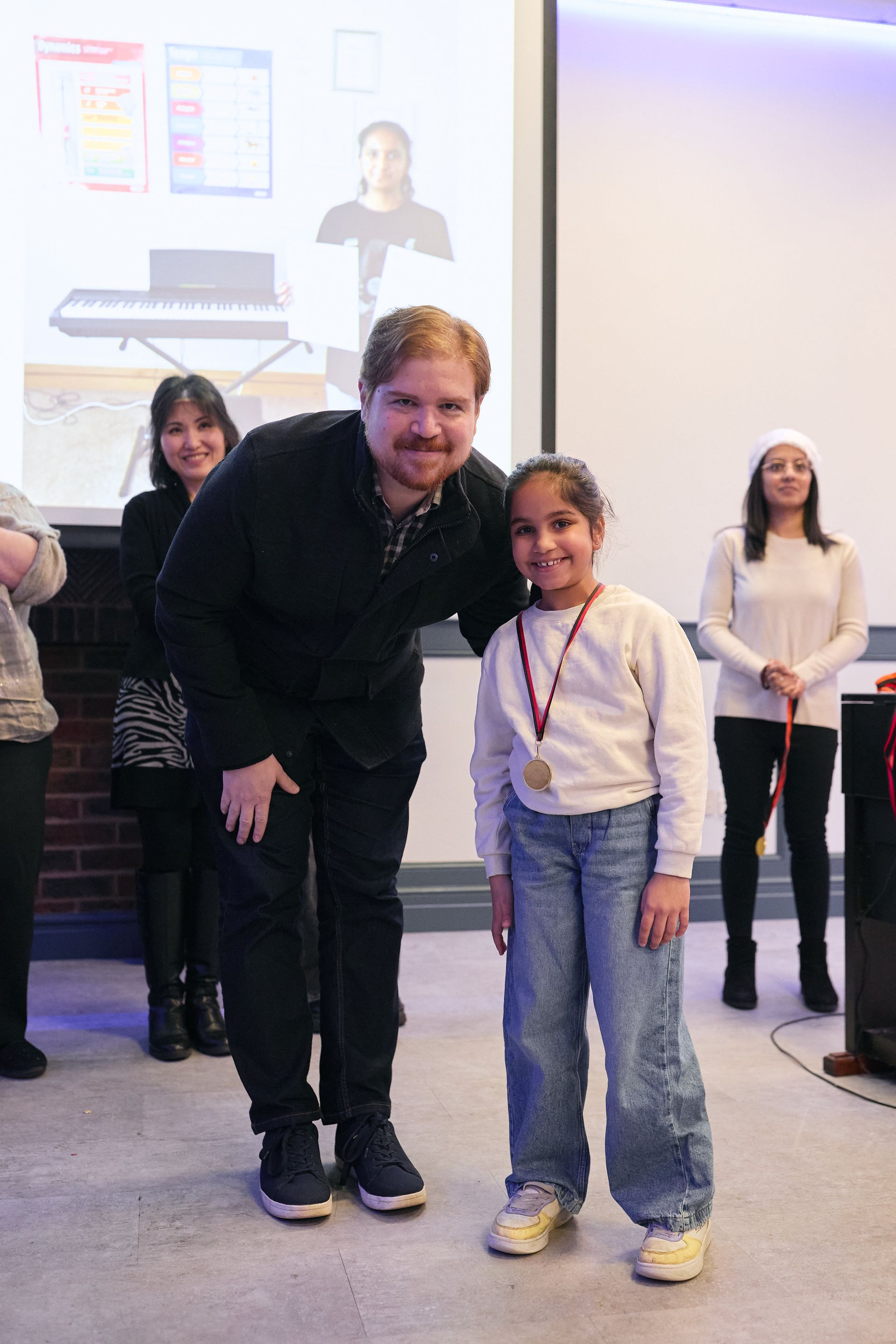How to Overcome Obstacles in Your Piano Journey
Sometimes our schedules can become chaotic and difficult to manage.
You’ll be pleased to hear that this is a necessary part of a piano players journey and it happens to everyone of all ages and abilities!
In this article we’ll be providing you with action points on how you can manage and learn from these mistakes and can use these as a benefit and gain direction in your piano practice.
1. Schedule in time
This includes both time at the piano as well as away from the piano. We recommend creating flashcards or studying the music or exercise. Take a step back and gain an understanding about what you will be playing before you begin to play. This can also create a feeling of confidence as you feel more comfortable with the challenges ahead.
2. Pinpoint areas
Once you have made a mistake, try to remain calm and use this as an opportunity to pinpoint exactly where you have made the error and focus on practicing this area, rather playing your piece from start to finish and making very little progress.
3. Aim for quality not quantity
It can feel fulfilling to play a piece or exercise from start to finish, but if this is new this can have the reverse effect. Therefore, especially when referring to a new or incomplete piece or exercise, we recommend aiming to focus on the areas you are struggling on and then improving these using a technical exercise or aiming to play them correctly at least three times in a row to improve muscle memory.
4. Practice the lead in
In order to familiarise yourself with the transitions in the music, aim to work on the phrase or bar before the section with the mistake, once you have tackled the mistake.
5. Record yourself playing
When we play a piece of music there are usually multiple things to think about such as the counts, fingers, hand position, rhythm, performance directions and the list could go on. It’s therefore more difficult to recognise the areas we are playing incorrectly in our piece. Try to record yourself and listen back to the areas which include mistakes to help direct your practice session.
Remember that when you are trying out these hacks to look at them little and often but also be patient with yourself. If you wish to know more about these hacks and resources, feel free to take a look around our website or connect with us directly!



